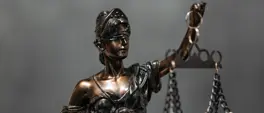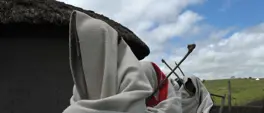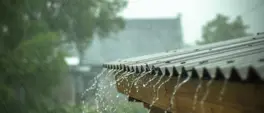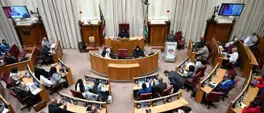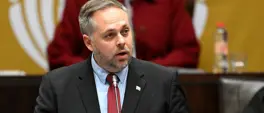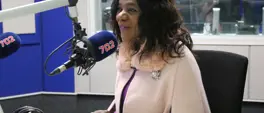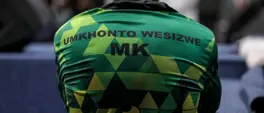New parties performing poorly cite lack of funds, 'race-based' voters as reasons
Thabiso Goba
31 May 2024 | 19:15With over 80% of voting districts counted and roughly 12 million votes accounted for, some new parties are proud, while others feel disappointment.
JOHANNESBURG - Some new political parties that have struggled in these elections have blamed lack of funding and tribalistic sentiment from voters for their poor performances.
Aside from the Umkhonto weSizwe (MK) Party, parties that were contesting their first general elections have so far failed to capture the imagination of voters.
ALSO READ:
- Zille says 2024 polls have been defined by the 'ethnic identity vote'
- ANC Gauteng says going back to the drawing board for way forward on coalitions
Xiluva’s presidential candidate, Bongani Baloyi, who despite facing a difficult task to get even one parliamentary seat, said he was encouraged by the party’s electoral performance.
With over 80% of voting districts counted and roughly 12 million votes accounted for, Xiluva has just under 2,000 votes.
“A seat or two is exactly what we are aiming for. Noting the fact we did not have money as well, look at what 13 million is getting here, look at what 16 million is getting here, so it tells you that for a party like ours to have made the type of strides we have made, and ultimately by tomorrow to be where we think we will be, it shows we have put in good work.”
South African Rainbow Alliance (SARA) presidential candidate Colleen Makhubele said the party was disappointed with its return.
Reflecting on the success of MK Party, Makhubele said South African voters related more to identity politics.
“You also look at the constituencies the parties represent: Freedom Front, Afrikaners; PA [Patriotic Alliance] has done well with Coloureds; MK, Zulu; DA [Democratic Alliance] is white, so it tells us that the South African voter is very much maybe tribalistic or race-based.”

